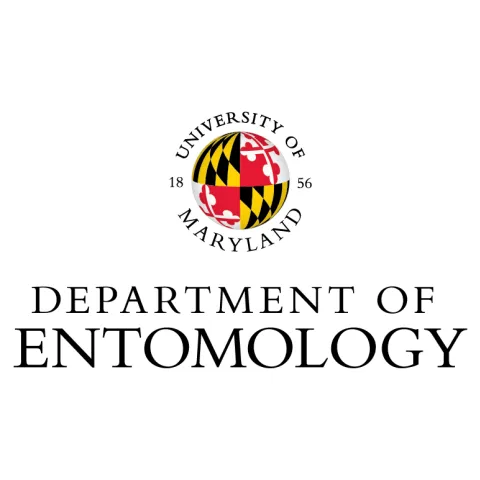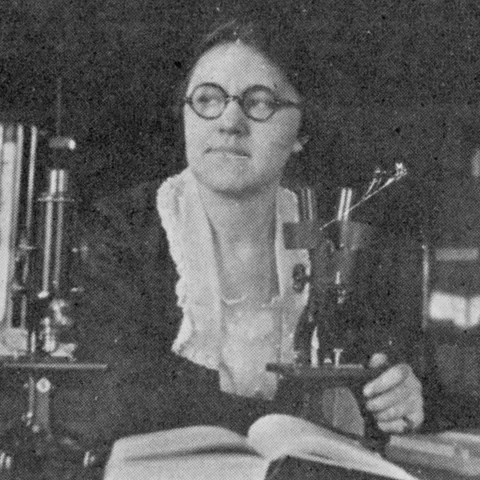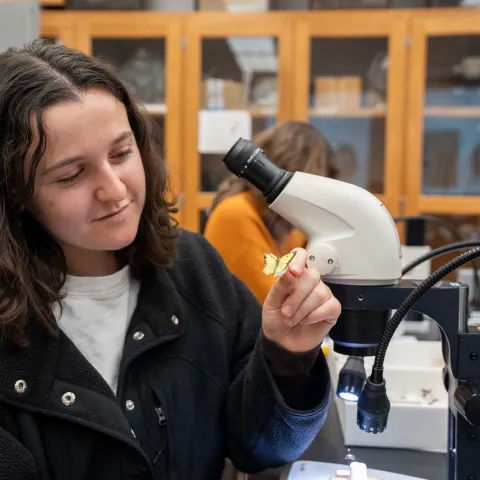About

About
125+ Years of Research, Teaching and Extension
The mission of the Department of Entomology is to improve the quality of life of the people of Maryland and the world by generating and applying information about insects. For more than 125 years, we have pursued this goal through our coordinated efforts in research, teaching, and extension. Our faculty, students, and post-doctoral fellows remain committed to these three pillars, in addition to outreach and public service. We maintain our historical focus on insects and their relatives, but the Department's interests also span a diversity of disciplines, including ecology, aquatic biology, molecular and developmental biology, genetics, biological control of insects and weeds, systematics, evolutionary biology, integrated pest management, toxicology, and insect pathology.



